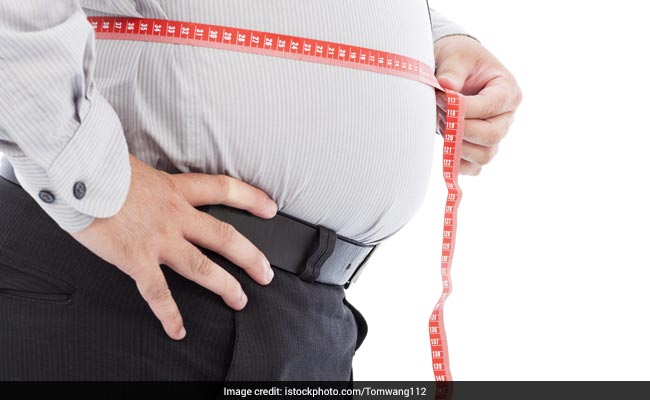The crucial difference between bloating and fat you should know.
The crucial difference between bloating and fat you should know.
Blog Article
Comprehending the Distinction Between Bloating and Fat: an Important Overview for Digestive Wellness
Recognizing the difference in between bloating and excess body fat is vital for any individual concerned with digestion wellness. While bloating presents as a momentary and typically uneasy problem, generally linked to dietary habits or gastrointestinal disturbances, body fat stands for a much more permanent adjustment in one's figure.
Specifying Bloating and Fat
Bloating and fat are two distinct physical phenomena that can considerably affect a person's comfort and body photo. Bloating is normally a temporary occurrence and can change throughout the day, typically resolving with lifestyle modifications or clinical interventions.
On the other hand, body fat is a more long-term and steady component of human physiology, primarily functioning as a power reserve and playing essential roles in hormonal agent regulation and insulation. Body fat is categorized into 2 kinds: subcutaneous fat, which lies simply under the skin, and natural fat, which surrounds internal organs. While excess body fat can lead to wellness problems, it is crucial for general bodily features.

Causes of Bloating

Additionally, food intolerances, such as lactose or gluten intolerance, can result in bloating when the body has a hard time to refine particular substances - bloating and fat. Eating also rapidly or taking in carbonated drinks can also intensify the issue, as these routines introduce excess air into the digestive tract
Way of life variables, consisting of tension and absence of physical activity, can additionally add to bloating by influencing digestive tract motility. Certain medical conditions, such as irritable digestive tract syndrome (IBS) or intestinal obstruction, might also bring about persistent bloating. Comprehending these causes is necessary for successfully managing and minimizing bloating, allowing people to make educated nutritional and way of life selections that sustain their digestive wellness.
Signs And Symptoms of Bloating vs. Fat
Distinguishing in between the symptoms of bloating and excess fat is important for comprehending one's body and dealing with discomfort successfully. Bloating usually presents as a sensation of fullness or pressure in the abdomen, frequently accompanied by visible distension.
On the other hand, excess fat shows up differently. While it may contribute to a feeling of heaviness, it generally does not generate the intense pain connected with bloating. Instead, excess fat tends to accumulate slowly, causing a change in body form and dimension gradually. People may observe a rise in body area, especially around the midsection, but this does not commonly existing with the prompt experiences of fullness or distension.

Identifying these differences is vital. While bloating is typically short-lived and connected to dietary elements or gastrointestinal problems, excess fat shows a much more persistent problem calling for way of living modifications. Recognizing these signs encourages people to look for proper services customized to their specific concerns regarding digestive system wellness and body make-up.
Taking Care Of Bloating
Effective management of bloating requires a diverse strategy that resolves both nutritional options and way of living behaviors. First, it is vital to recognize and get rid of specific foods that might trigger bloating, such as those high in fiber, gluten, lactose, or specific fermentable carbs (FODMAPs) Maintaining a food diary can assist determine these triggers and guide adjustments.
Including smaller, a lot more regular meals instead of big ones can likewise lessen bloating, as it reduces the digestive system process (difference between bloating and fat). Remaining well-hydrated is essential, as adequate liquid consumption aids digestion and assists stop constipation, which can contribute to bloating
Furthermore, engaging in normal exercise promotes gastrointestinal mobility and reduces bloating. Easy workouts, such as strolling or yoga, can effectively reduce pain. Mindful eating practices, such as consuming slowly and eating food thoroughly, might better improve digestion and limitation air ingesting.
When to Seek Assistance
Recognizing when to look for medical aid for bloating is critical, fat vs bloating as relentless or serious signs may suggest an underlying health and wellness issue. If bloating is accompanied by extra concerning symptoms such as significant stomach pain, unusual weight-loss, rectal blood loss, or continual nausea or vomiting and vomiting, it is imperative to seek advice from a healthcare specialist. These indicators might recommend problems such as short-tempered bowel disorder, gastrointestinal obstruction, or also a lot more severe problems like cancer.
Moreover, if bloating lingers despite dietary adjustments or non-prescription remedies, it calls for additional examination. Individuals with a history of food poisonings must be especially cautious, as their threat for complications might be higher. Furthermore, if bloating takes place adhering to the intake of certain foods, it may indicate food intolerances or allergic reactions that necessitate nutritional modifications or testing.
Final Thought
In summary, differentiating between bloating and excess body fat is important for gastrointestinal health and total health. Bloating, a momentary condition typically linked to nutritional variables and digestive concerns, contrasts greatly with the secure accumulation of body fat.
Report this page